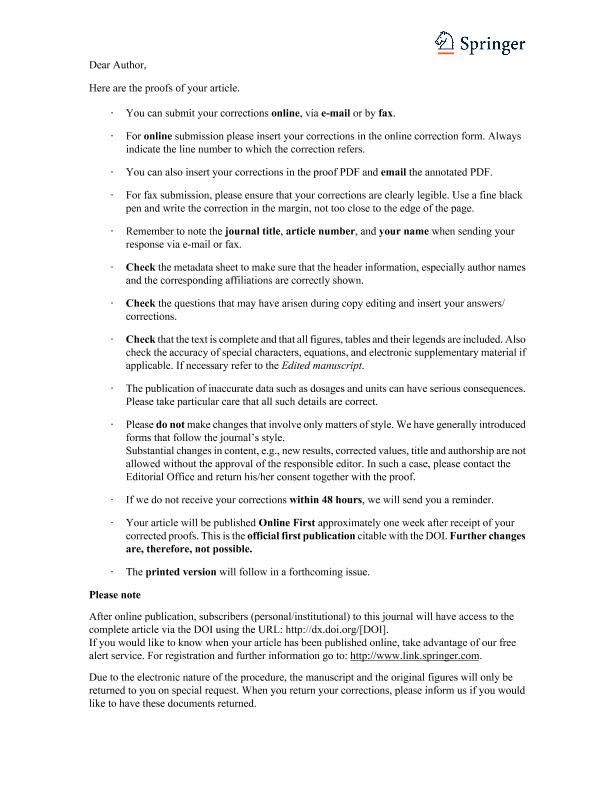Artículo
Ischemic postconditioning: mechanisms, comorbidities, and clinical application
Fecha de publicación:
03/2014
Editorial:
Springer
Revista:
Molecular and Cellular Biochemistry
ISSN:
0300-8177
e-ISSN:
1573-4919
Idioma:
Inglés
Tipo de recurso:
Artículo publicado
Clasificación temática:
Resumen
Since ischemic heart disease (IHD) is a major cause of mortality and heart failure, novel therapeutic strategies are expected to improve the clinical outcomes of patients with acute myocardial infarction. Brief episodes of ischemia/reperfusion performed at the onset of reperfusion can reduce infarct size; a phenomenon termed “ischemic postconditioning.” Extensive research has determined that different autacoids (e.g., adenosine, bradykinin, opioid, etc.) and cytokines, their respective receptors, kinase signaling pathways, and mitochondrial modulation are involved in ischemic conditioning. Modification of these factors by pharmacological agents mimics the cardioprotection by ischemic postconditioning. Here, the potential mechanisms of ischemic postconditioning, the presence of comorbidities, and the possible extrapolation to the clinical setting are reviewed. In the near future, large, multicentered, randomized, placebo-controlled, clinical trials will be required to determine whether pharmacological and/or ischemic postconditioning can improve the clinical outcomes of patients with IHD.
Palabras clave:
Postconditioning
,
Ischemia
,
Heart
,
Myocardial Protection
Archivos asociados
Licencia
Identificadores
Colecciones
Articulos(IBIMOL)
Articulos de INSTITUTO DE BIOQUIMICA Y MEDICINA MOLECULAR
Articulos de INSTITUTO DE BIOQUIMICA Y MEDICINA MOLECULAR
Citación
Buchholz, Bruno; Donato, Pablo Martín; D'Anunzio, Verónica; Gelpi, Ricardo Jorge; Ischemic postconditioning: mechanisms, comorbidities, and clinical application; Springer; Molecular and Cellular Biochemistry; 392; 1-2; 3-2014; 1-12
Compartir
Altmétricas




